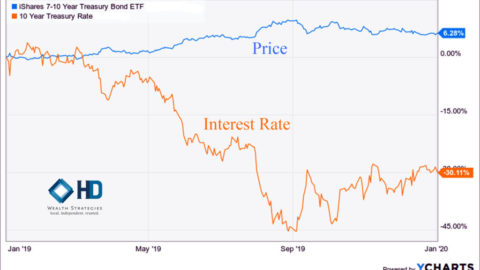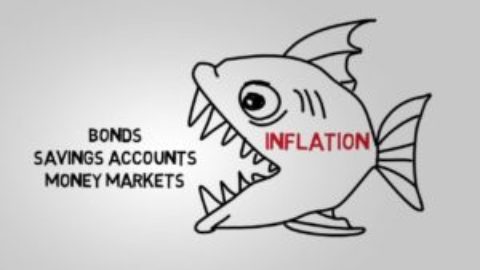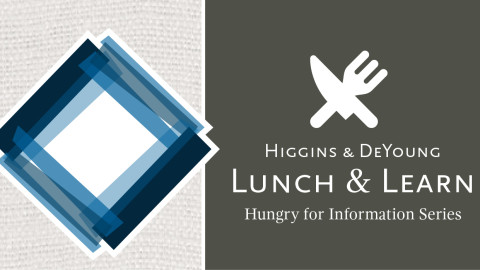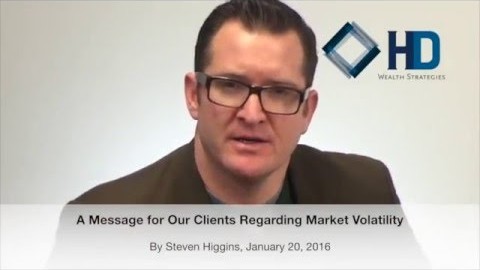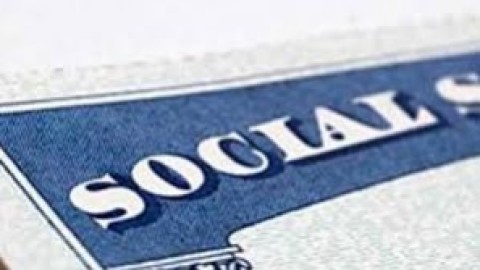Is Your Retirement Plan at Work Being Ignored?
By Allie (DeYoung) Schmidt, Financial Advisor, CPA®, CFP
The Rub
When people reach retirement, typically their largest account balances that are locked and loaded for retirement are their 401k plans from their employer and previous employers. These balances have grown over the past several decades and are ready to replace the paycheck that is about to go away once your Monday-Friday is filled with wonderful things like golf courses, coffee, grandkids, and beaches. Meeting with people of all ages, this particular age group of folks is typically very focused and in tune with those balances and their performance.
However, look back several years to workers in their 30s, 40s, and early 50s and there is a very different reaction to these accounts. I’ve heard many times when discussing retirement accounts, “OH yeah, I have a couple old 401k accounts from my previous employers, I’ll have to track down where those are.” It seems counter intuitive that something that will be so valuable to us down the line is barely even kept track of today.
I don’t think an entire page is needed to express the importance of keeping track of these accounts and making sure that every dollar in your name is accounted for. So, now that we have the accounts located, are they doing what they’re supposed to or better yet, what you think they are. Similar to any other investment accounts, 401k accounts need attention and analysis. Here are just a couple of the reasons why doing an annual review of your 401k is important.
The good, the bad, and the ugly
401k accounts are different from your brokerage account in the way that there may be only a limited number of investment options available. They are also very different from one another in terms of quality and diversification, some are “good” and some are “not so good”. Depending on where your plan falls can help you determine how much over your employer match you should be contributing to the plan or if you should diversify the assets into other accounts.
Taxes: Today or Tomorrow?
Needless to say the government is going to “get theirs”. But, 401k accounts can present a unique opportunity and put the tax ball in your court to a certain extent. Many employers are more commonly offering a 401k Roth option. Depending on your current tax situation, it may make sense to defer some of your contribution to the Roth 401k to create a tax free asset down the line.
Buy & Hold
I agree whole-heartedly with this concept, except it’s important to not change the line to Buy & Forget. Let’s say, you’ve worked hard and done your research for your 401k allocation to be appropriate for your age, risk tolerance, contribution amount, etc, then have not rebalanced those allocations and replaced your investments that have not kept up or have had fund changes (managers move, etc) and life happened, markets move, you’re busy. What started as 85% stocks, 15% bonds allocation in 2007 for example, just turned into a 45% stocks, 55% bonds in 2009. The problem here is you took on all the risk of the 85% in stocks on the way down but without rebalancing and ensuring you have the appropriate managers, you’re back in the game with a deck stacked against you, by having less than half of your account invested in stock for the recovery. A mistake that would cost you thousands.
These are just a couple of the reasons why managing your 401k is one of the most important retirement planning steps you should be taking. For some folks, this can sound overwhelming and more work than one has time for. That’s why at Higgins & DeYoung, we’ve crafted a process called myStrategy401k. This is our approach to 401k review and analysis. We’re able to help our clients evaluate their current 401k/work retirement plans and provide concise feedback to help them manage these accounts in line with their ultimate goal of retirement and financial independence.
Let us know if this is a place we can help by putting together a customized 401k strategy for you and your specific retirement plan.
The opinions voiced in this material are for general information only and are not intended to provide specific advice or recommendations for any individual. Rebalancing a portfolio may cause investors to incur tax liabilities and/or transaction costs and does not assure a profit or protect against a loss.


